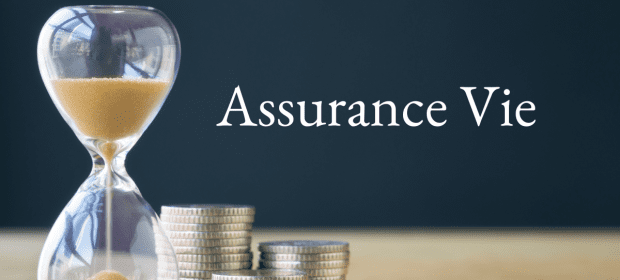How Is an Assurance Vie Taxed?
Only the benefits portion of every amount you withdraw is taxable, and after January 1, 2018, the tax treatment differs depending on whether premiums were charged before September 27, 2017, or after that date.
Premiums paid before September 27, 2017
You may either be taxed at the set prelevement rate or file an annual income tax return, depending on your tax situation. The following is how the prelevement scale works:
- Withdrawals made within the first four years are taxed at a rate of 35 percent
- Withdrawals made between years four and eight are taxed at a rate of 15 percent
- After eight years, withdrawals are taxed at a rate of 7.5 percent
Furthermore, social charges are imposed on the benefits portion of the amount withdrawn, at a rate of 17.2 percent. People prefer the progressive rate tax if it is lower than their marginal rate of income tax.
In France, the highest income tax rate is officially 45 percent. As a result, even though 35 percent appears to be a high rate, it is still the best choice for higher-rate taxpayers. After four years, you’ll have to reconsider which form to use. If your marginal tax rate is at least 30 percent, a prevelement rate of 15 percent is a better choice.
If you are a non-taxpayer (as more people are now since the 5.5 percent tax bracket was eliminated), you can opt to report the withdrawal on your annual income tax return.
After eight years, there is an extra income tax incentive to encourage people to save more for the long term. A single taxpayer is entitled to a €4,600 income tax credit against the benefits portion of any withdrawals made during the tax year. This is raised to €9,200 for married couples who are subject to joint taxation. There will be no income tax to pay if the benefits portion of total withdrawals made during the year does not surpass the allowances.
This might not seem like much, but it’s a valuable allowance, as shown by this example of Peter and Pam’s assurance vie policy, which they began nine years ago with a €100,000 investment. They have not taken any withdrawals, and the account is now worth €160,000. They want to buy a new car and need €15,000 to help pay for it, so they withdraw this amount. They receive a tax certification from the insurance firm when they make this withdrawal, showing how much gain is included in the amount withdrawn. The guaranteed value has risen by 60%, but the taxable benefit factor is only 37.5 percent (or €5,625) in this case. Since they have a tax-free allowance of €9,200 and they are subject to joint taxes, there is no income tax to pay.
Premiums paid from September 27, 2017
The tax rate varies based on the contract’s duration, plus whether capital remaining in the contract as of December 31 of the year before the withdrawal was above a threshold sum for contracts longer than eight years. The threshold amount is €150,000 per person (across all assurance vie policies), measured by the amount of premiums invested minus any money already withdrawn, rather than the contract’s value. Couples taxed as a household cannot share each other’s threshold because the threshold is not cumulative between individuals. As a consequence, one spouse can meet the threshold while the other does not.
On January 1, 2018, France adopted a 30 percent flat tax,’ consisting of 12.8 percent income tax and 17.2 percent social charges. As a result, for contracts that are less than eight years old, a flat tax is levied on gains in withdrawals which are deducted automatically by the insurance provider. The flat tax replaces the pre-September 27, 2017 rate of 52.2 percent (35 percent tax plus 17.2 percent social charges) for contracts of up to four years and 32.2 percent (15 percent tax plus 17.2 percent social charges) for contracts of four to eight years.
After eight years, the tax rate is 7.5 percent. In addition, there is 17.2 percent social charges to pay. The tax free allowance of €4,600 for a single taxpayer or €9,200 for a couple is still in place after eight years. When filing their French tax return, taxpayers can also choose to pay tax at their marginal rate in the ordinary income tax brackets (rates varying from 0-45%) plus social charges. Any excess tax already charged would be refunded after processing the tax declaration made in the year after payment of the withdrawal since the insurance provider will have already deducted 12.8 percent or 7.5 percent.
However, taxpayers should be mindful that if ordinary band taxation is selected for assurance vie dividends, this will extend to all other sources of investment profits, such as interest and persons, as well as capital gains from the selling of shares.













